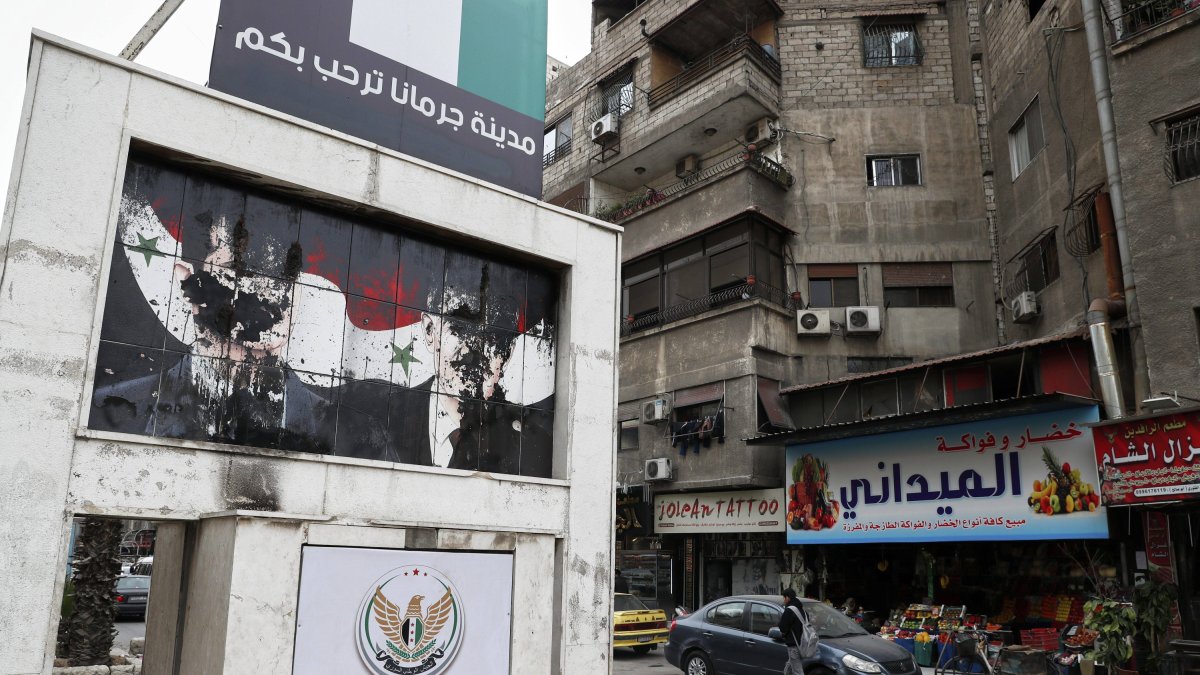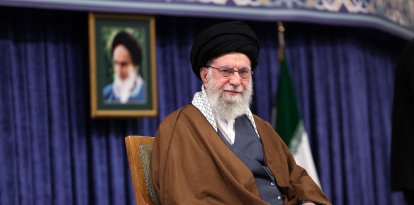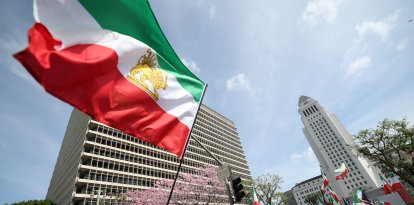Syria may still house more than 100 chemical weapons sites
The Organisation for the Prohibition of Chemical Weapons fears that sarin, chlorine and mustard gas stockpiles are unsecured.

Southern outskirts of Damascus, Syria
Chemical weapons inspectors working in post-Assad Syria expressed concern that there may still be more than 100 unsecured chemical weapons sites in the country.
The Organisation for the Prohibition of Chemical Weapons (OPCW), which promotes and verifies adherence to the Chemical Weapons Convention (CWC), provided the estimate of undisclosed sites as it attempts to gain access to Syria to assess what remains of Bashar Assad’s military program, The New York Times reported on Sunday.
According to the Times, the figure of more than 100 chemical sites is "far higher than anything Assad ever acknowledged."
The sites are suspected to have been involved in the research, manufacture and storage of chemical weapons. However, since Assad was toppled in December, it is not clear how many sites there are, nor whether the Sunni Islamist government led by the Turkish-backed Ahmed al-Sharaa has managed to secure them. The chemical weapons experts fear terrorists could get their hands on these deadly materials.
According to the newspaper, the sites could produce sarin and chlorine gas, which Assad infamously used on rebel fighters and civilians during the civil war that began in 2011. Then-U.S. President Barack Obama described the attacks as a "red line" that must not be crossed. Despite this warning, there were no consequences for the Assad regime.
Officially, Damascus agreed to give up its chemical weapons stockpiles in 2013, shortly after the government was accused of carrying out an attack near that city, which left hundreds dead. However, the Assad regime was known to have used chemical weapons until at least 2018, and research showed it kept "importing essential precursor chemicals," the Times reported.
Upon Assad’s fall, the Israel Defense Forces (IDF), in addition to taking out the Syrian Air Force and many of the army’s tanks, carried out widespread airstrikes on several Syrian facilities suspected of housing chemical weapons, as well as the long-range rockets intended to deliver them.
© JNS


























